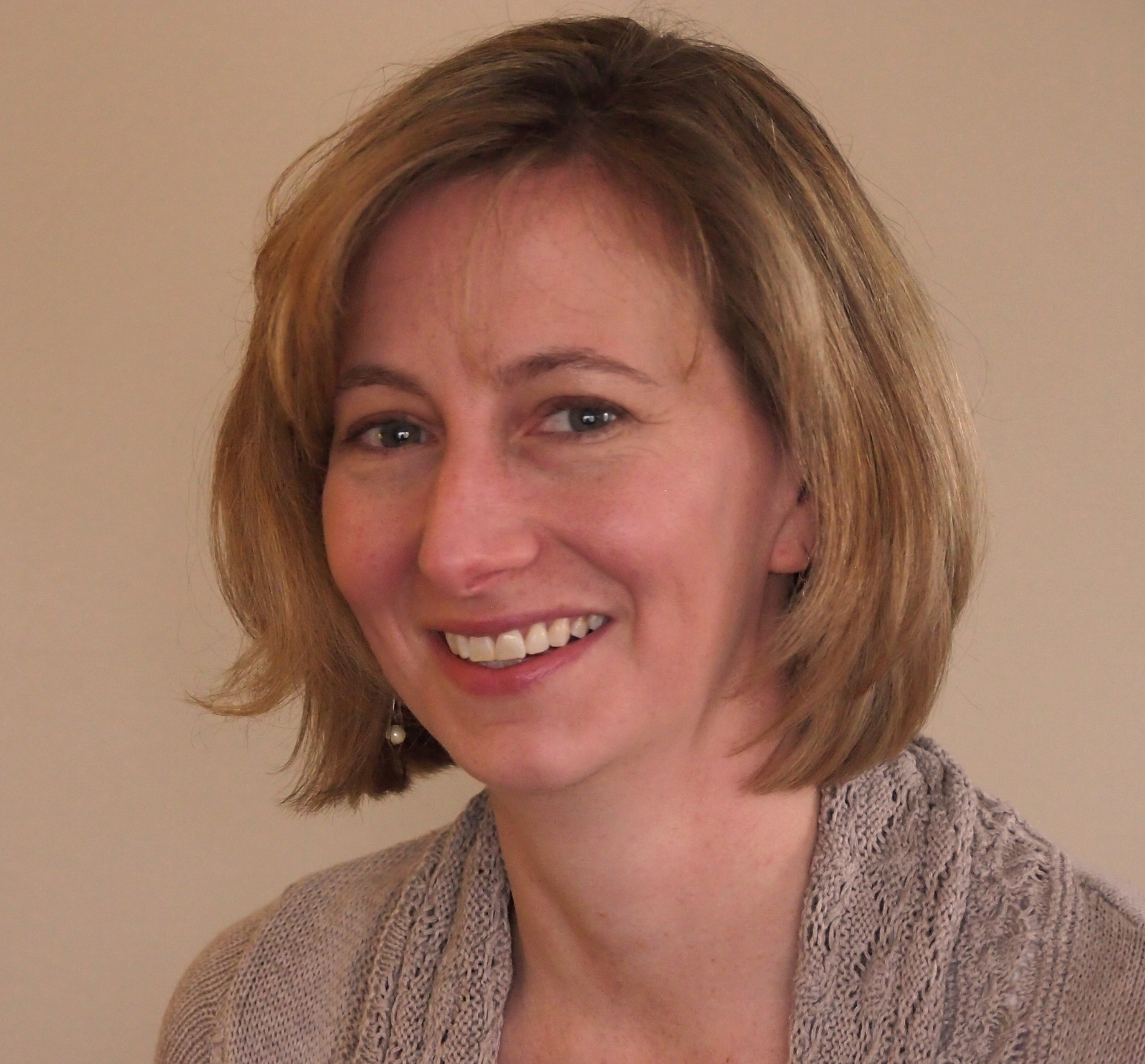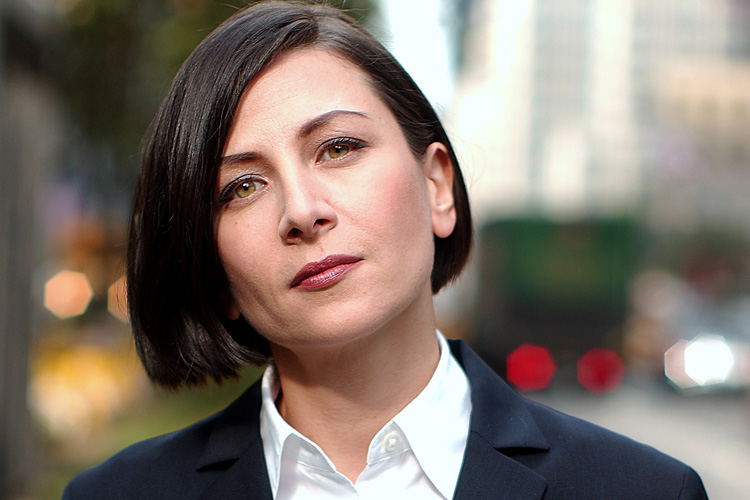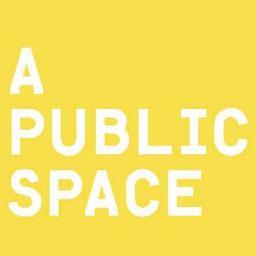In conjunction with the new May/June 2014 Writing Contests issue of Poets & Writers Magazine, we are excited to introduce Winners on Winning, a new regular feature in which we will talk to recent winners of writing prizes, grants, and fellowships who will share their experiences on how winning—and losing—has affected their careers.
 For the first installment, we spoke to Rebecca Dunham, winner of the 2013 Milkweed Editions Lindquist & Vennum Prize for Poetry for her collection Glass Armonica ($10,000 and publication for a writer from the Upper Midwest). Dunham is the author of two previous poetry collections: The Miniature Room (Truman State University Press, 2006), which won the T. S. Eliot Prize, and The Flight Cage (Tupelo Press, 2010). She is a professor of creative writing at the University of Wisconsin in Milwaukee.
For the first installment, we spoke to Rebecca Dunham, winner of the 2013 Milkweed Editions Lindquist & Vennum Prize for Poetry for her collection Glass Armonica ($10,000 and publication for a writer from the Upper Midwest). Dunham is the author of two previous poetry collections: The Miniature Room (Truman State University Press, 2006), which won the T. S. Eliot Prize, and The Flight Cage (Tupelo Press, 2010). She is a professor of creative writing at the University of Wisconsin in Milwaukee.
What kind of impact has winning this prize had on your career?
One of the most rewarding effects of winning the Lindquist & Vennum Prize is that I’ve had the opportunity to meet and develop relationships with more poets from the Midwest. I’ve also had the amazing experience of collaborating with a Minneapolis choreographer, Maggie Bergeron, on a ballet inspired by Glass Armonica. The Lindquist & Vennum Prize is sponsored by a Minneapolis law firm and comes with a generous cash prize. This has allowed me to travel and promote the book, as well as take the summer off from teaching to focus on my writing.
Has winning this award, or previous awards, changed the way you approach your work?
Honestly, I hope it hasn’t. It can take a while to find the right match between a manuscript and a judge, and I try to focus on the writing itself. Having had books published via winning contests has, however, given me more confidence that what I’m writing will someday find itself into the world.
Have you ever entered a contest that you didn't win?
I have racked up more rejections than I care to count. I try to separate the writing from the rejection, but it can be hard. I submitted Glass Armonica to presses and contests for two years, under different titles, and the manuscript changed a lot over that period of time. The one upside to rejection was that before sending the book out again, I would always comb through it, revising, adding or removing poems, etc. Glass Armonica is a tighter and more polished book than it was the first time I sent it out into the world.
What advice would you offer to writers thinking of submitting to writing contests?
Remember that entering writing contests is the business side of writing, not the creative part of it. I try to handle submissions as dispassionately as possible. I read the guidelines, follow them precisely – sort of like doing one’s taxes. I use a spreadsheet to keep track of where my manuscript is under consideration, and then I try to put the contest out of my mind. For me, that’s the best way to keep anticipation and anxiety from crowding out the pleasure I take in writing.
For more Winners on Winning, read the current issue of Poets & Writers Magazine, and check back here every Wednesday for a new installment.
Dunham: Mark Pioli
 To apply, submit a description and sample of the work-in-progress totaling no more than 50 pages, a letter from the publisher confirming that the work is under contract, a brief letter of intent, and an optional sample of previous work totaling no more than 50 pages by May 1. All materials must be submitted electronically to residency@theparisreview.org. The editors of the Paris Review and Standard Culture will judge.
To apply, submit a description and sample of the work-in-progress totaling no more than 50 pages, a letter from the publisher confirming that the work is under contract, a brief letter of intent, and an optional sample of previous work totaling no more than 50 pages by May 1. All materials must be submitted electronically to residency@theparisreview.org. The editors of the Paris Review and Standard Culture will judge.





 For the first installment, we spoke to
For the first installment, we spoke to 


 The 2014 judges, chosen by the Griffin Trust trustees, are Robert Bringhurst of Canada, Jo Shapcott of the United Kingdom, and C. D. Wright of the United States. They read 539 poetry collections, including 24 translations, from 40 countries.
The 2014 judges, chosen by the Griffin Trust trustees, are Robert Bringhurst of Canada, Jo Shapcott of the United Kingdom, and C. D. Wright of the United States. They read 539 poetry collections, including 24 translations, from 40 countries. Women poets may enter the To the Lighthouse Poetry Book Prize by submitting a manuscript of 48 to 96 pages (two-thirds of which must be unpublished); women fiction and nonfiction writers may enter the Clarissa Dalloway Book Prize by submitting a manuscript of 50,000 to 150,000 words. Novels, novellas, memoirs, biographies, young adult literature, and graphic novels are eligible. The entry fee for both prizes is $20; entrants may submit using the
Women poets may enter the To the Lighthouse Poetry Book Prize by submitting a manuscript of 48 to 96 pages (two-thirds of which must be unpublished); women fiction and nonfiction writers may enter the Clarissa Dalloway Book Prize by submitting a manuscript of 50,000 to 150,000 words. Novels, novellas, memoirs, biographies, young adult literature, and graphic novels are eligible. The entry fee for both prizes is $20; entrants may submit using the  om any country who have not yet published or been contracted to write a full-length book are eligible. Fiction and nonfiction writers may submit a previously unpublished short story or essay in English and a cover letter
om any country who have not yet published or been contracted to write a full-length book are eligible. Fiction and nonfiction writers may submit a previously unpublished short story or essay in English and a cover letter